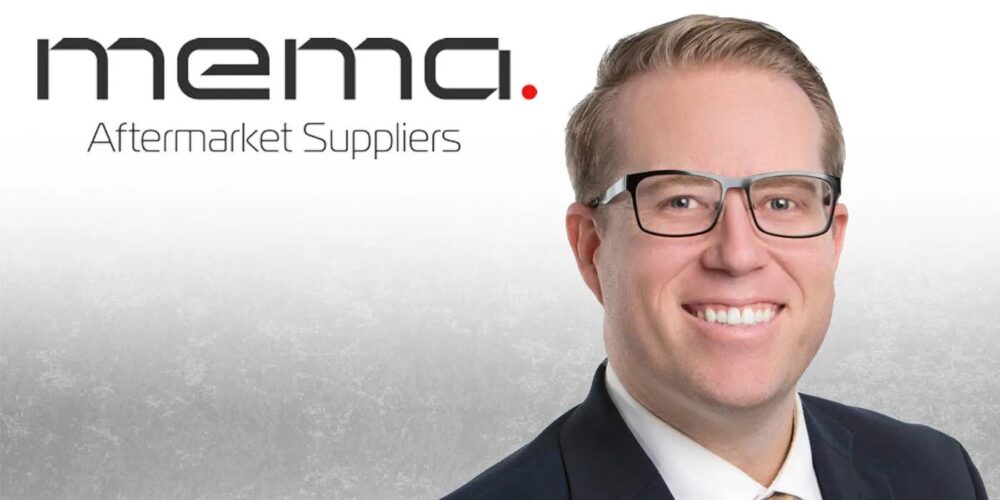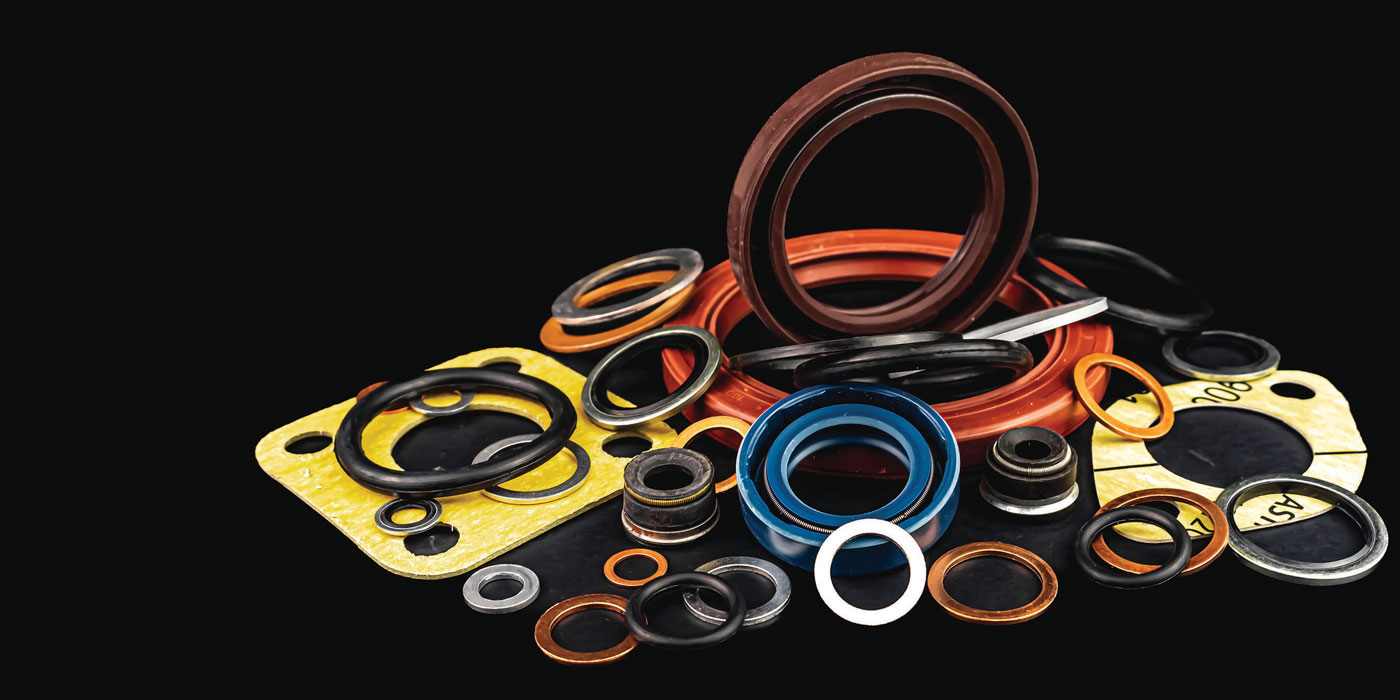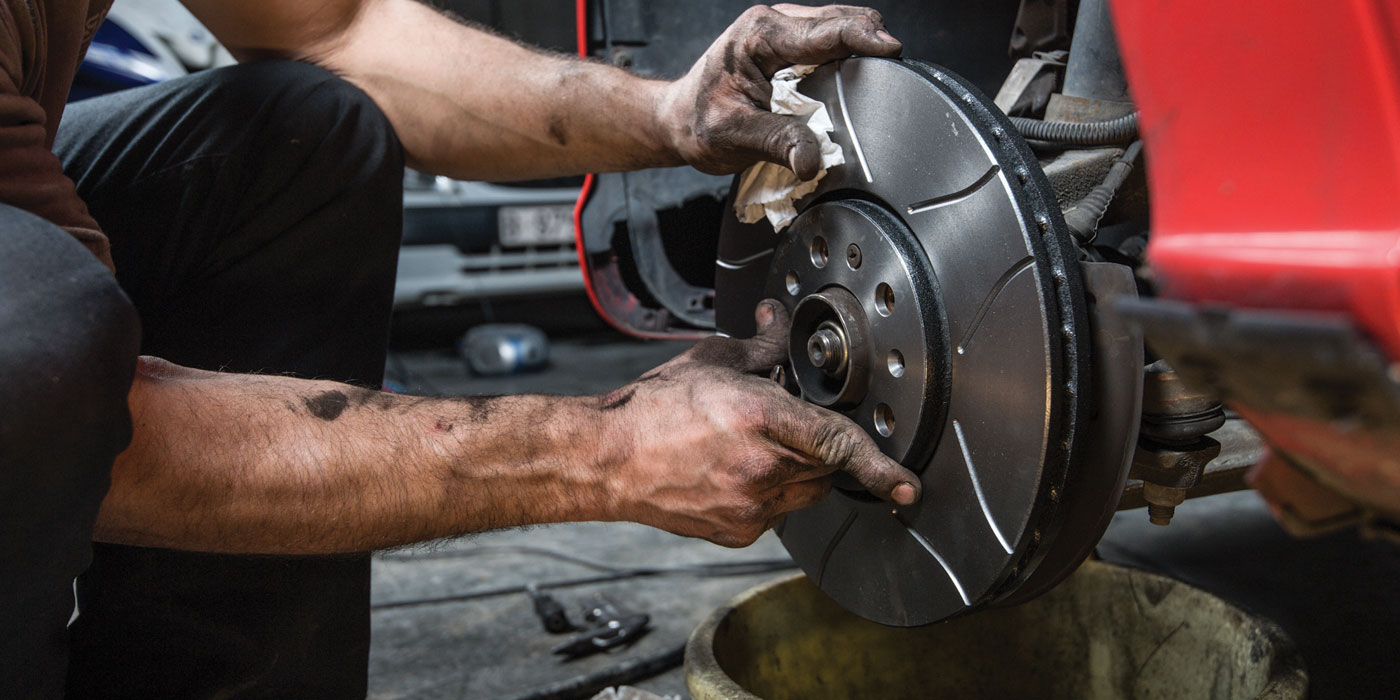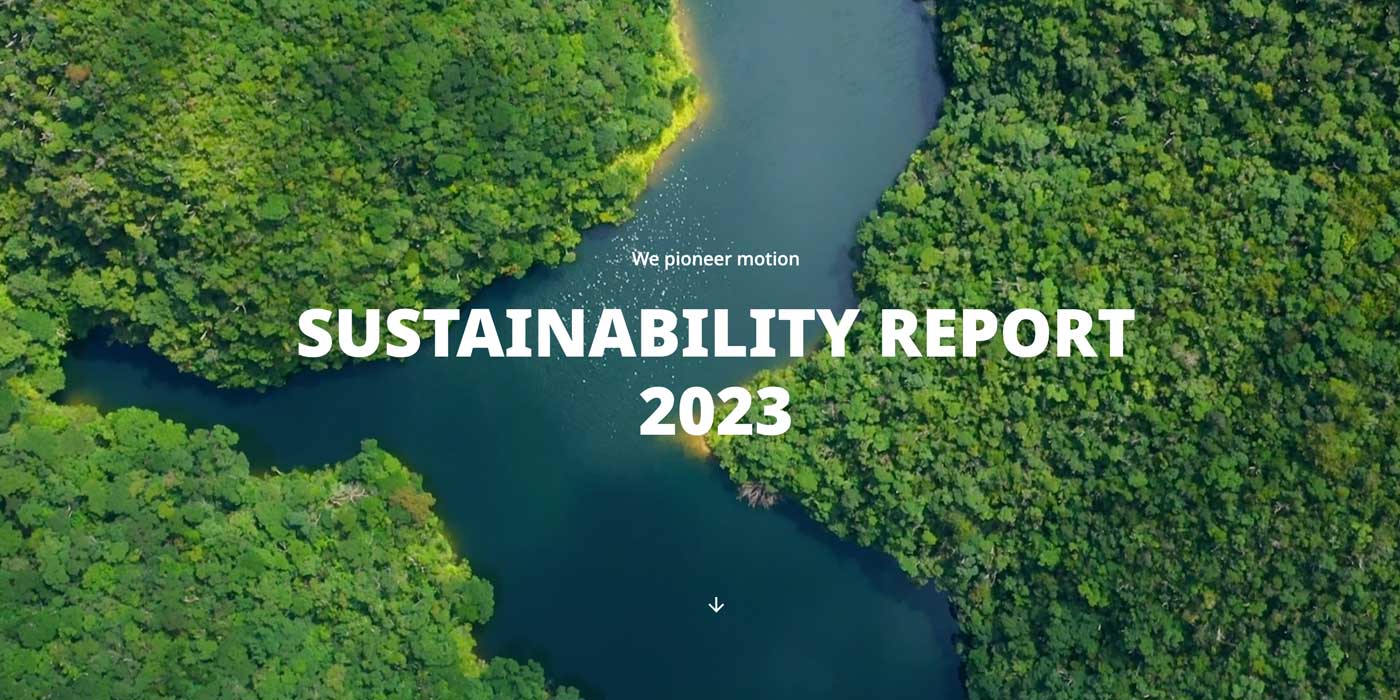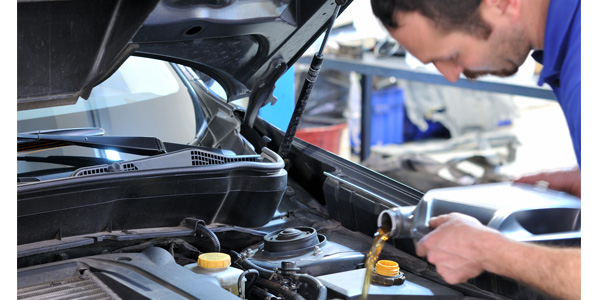
Ask most technicians, and they’ll tell you how much they hate doing oil changes. Just be prepared for an extended conversation on the phone or at your counter, because they can go on forever about the topic!
Doing an oil change is a dirty and tedious job, and one that doesn’t pay enough time to keep a flat-rate tech happy. It’s a basic service that they’re expected to offer, regardless of the profitability. The traditional “oil-and-filter” package deal advertised in many of our stores is a loss leader, intended to grab the attention of our customers. Our hope is that while they’re shopping for a deal on their next DIY oil change, they’ll remember other products and services we offer, and we can recover a little bit of our loss.
The same holds true for our commercial customers, who use the low, low price of their basic oil-change service to bring customers in the door – which gives them a chance to inspect the vehicle for additional service opportunities. However, these promotions sometimes have the opposite effect, targeting the type of customers who really aren’t interested in additional purchases – just the dirt-cheap, menu-priced item that bleeds profit margins dry. For a commercial shop, it equates to a great car count, but reduced profitability and wasted time attempting to upsell services to the wrong type of customer.
We all have that customer who buys brake shoes from you, but sources the drums at another place and the hardware kit from yet another supplier, piecing together a job for the absolute bottom-dollar price. That’s the mindset of many of those “oil-change-special” customers. It’s frustrating and defeating to encounter the “just give me whatever is the cheapest” customer, but in the case of oil and filters, it can even be harmful to the customer’s vehicle!
As oil requirements become more specific, and oil-change intervals increase from 5,000 to 7,000 and even 10,000 miles or more, the idea of the “cheap oil change” is becoming a thing of the past. Synthetics with sophisticated additive packages allow the consumer to enjoy extended, even annual, oil-change schedules. While some technicians and parts specialists would argue these changes in oil chemistry are costing us sales opportunities, I prefer to look at it from a different perspective.
While we may see a loyal customer less frequently, that customer is (on average) paying more for an oil formulation that’s capable of achieving these extended drain intervals. In addition, they probably should upgrade to a premium filter to match the extended service life of the lubricant. There really isn’t much sense in upselling your customer to an extended-life oil and handing them an inferior filter that may or may not be up to the rigors of the new, longer interval.
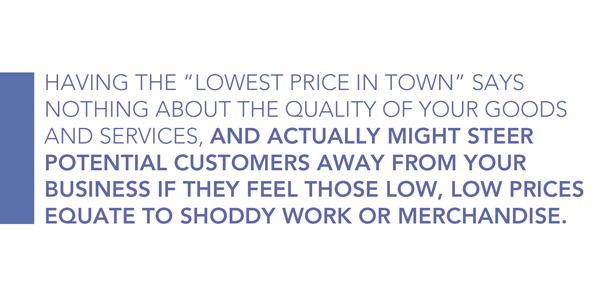
Our premium-product sales deliver higher average invoice totals, and along with the increased sales dollars, we often realize a better profit margin on premium products as compared to “bargain-basement” brands. By communicating the benefits of premium oils and filtration products, we’re not only making profitable sales, but we’re also doing our customers a service that will help them maintain their vehicles for the long run.
Having the “lowest price in town” says nothing about the quality of your goods and services, and actually might steer potential customers away from your business if they feel those low, low prices equate to shoddy work or merchandise. Don’t be in a hurry to race your competitors to the bottom … you just might win!


